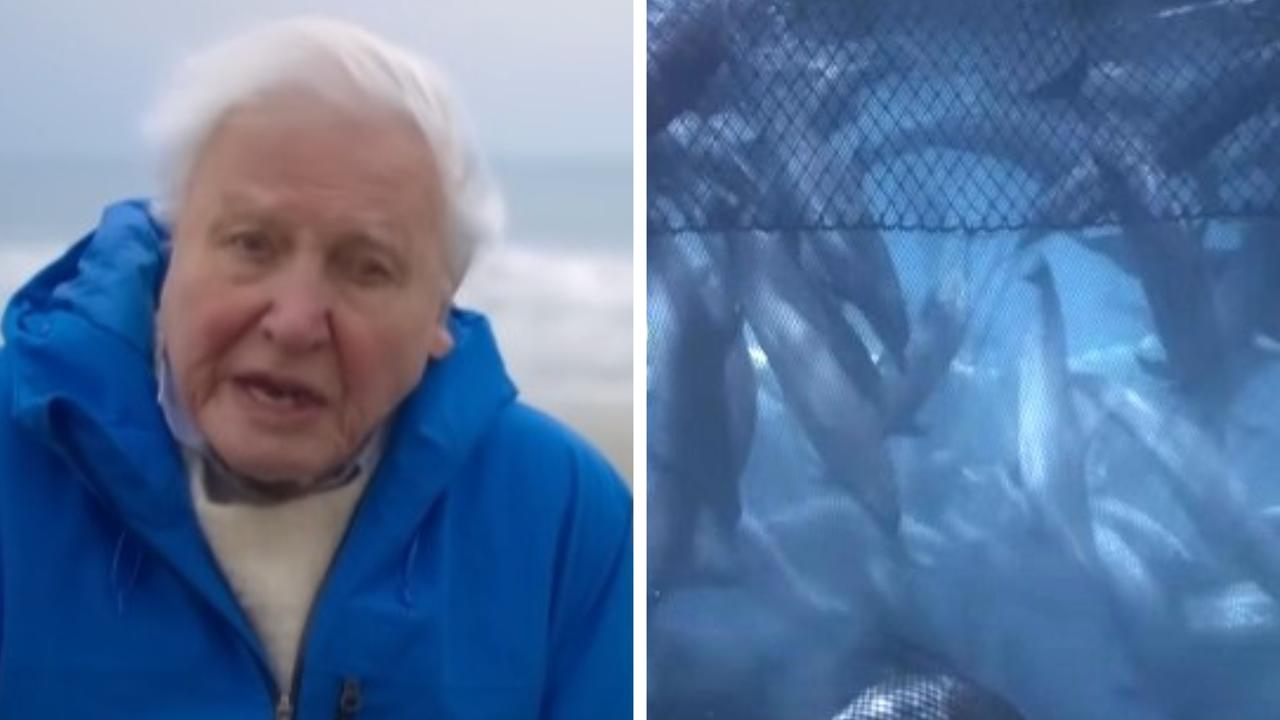Love Actually shouldn’t be cancelled, despite popular opinion
Love Actually is a lot of people’s favourite festive movie but some young people say it’s problematic and should be cancelled.

Movies
Don't miss out on the headlines from Movies. Followed categories will be added to My News.
OPINION
Confession. I’m one of those people who watches Love Actually every Christmas.
I’m also one of those people who advocate for the rights of women; specifically, the elimination of sexualisation and objectification of women.
These days, it would seem the two are mutually exclusive.
Call me naive, but until recently I have lived under an assumption that everyone must love this movie as much as I do. There was more than one lobster present at the birth of Jesus? – I mean, what’s not to love?
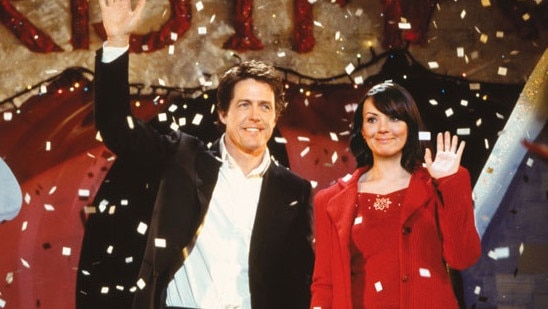
So I have to say, it’s been quite the shock to have recently read a spate of smear campaign articles (written mostly by Gen Z’ers) against the iconic Christmas movie. They’re calling out Love Actually as problematic based on its misogynistic themes, demanding it be the next cancelled thing on Hollywood’s ever-growing list.
OK, but can we please keep our bras on for just a minute and firstly consider the movie was made 18 years ago, before our #MeToo culture of consent was even an outer blip on the radar. And secondly, can we please diss the cancel culture for one day of the year and just accept a trashy movie for what it is?!
With that in mind, here are six somewhat outlandish feminist myths about Love Actually that I’ve gone and debunked for those still sitting on the women’s lib fence over this one:
1. Aurelia was not a victim of human trafficking
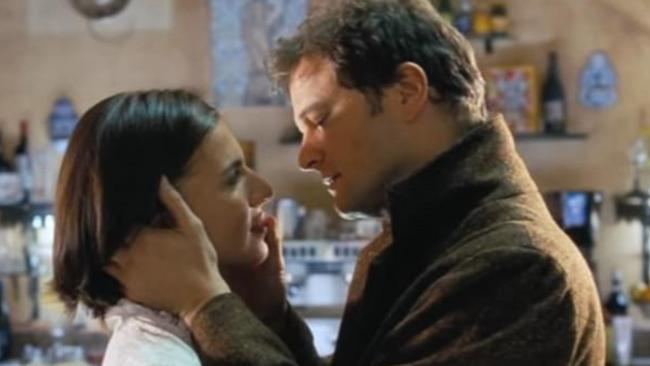
Yes, she goes to France to work for a man. No, she can’t speak English. These two factors alone don’t make her a sex slave. Also, Jamie doesn’t decide he wants her just because she takes her clothes off.
They’ve already established a kind of (OK, literal) unspoken bond before she dives into freezing waters to save his manuscript; this is merely the catastrophic moment that brings them closer together.
And sure, maybe it’s ridiculous they fall for each other given they’ve never been able to discuss their taste in music or whose job it’ll be to cook dinner each night, but in an act of true soulmate love they learn to speak one another’s language, proving no obstacle is too hard to overcome when the universe sets you up with a foreigner.
2. Nobody was fat-shaming Natalie
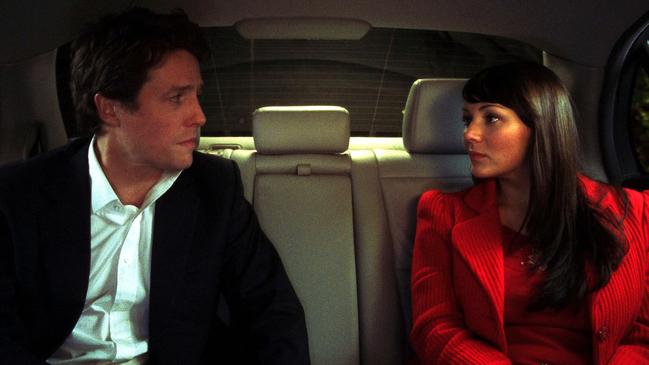
Her weight was first mentioned in reference to being dumped by her ex-boyfriend: “he said no one’d fancy a girl with thighs the size of tree trunks.” Any reference to her weight from here was IRONIC HUMOUR.
In fact, actor Martine McCutcheon confirmed this in an interview with Cosmopolitan: “All the things she worried about and all the things that her boyfriend said she was because he wasn’t with her anymore … that was the whole point, you’re meant to go: ‘No she’s not, I think she’s lovely!’ because that’s how men think about a lot of women who constantly criticise each other and themselves.
“That was meant to be the message and I think somewhere along the way, people didn’t get that. But that’s why I was happy to do it and play that part.”
In other words, get a grip, people.
3. Mark is not a creepy sociopathic stalker
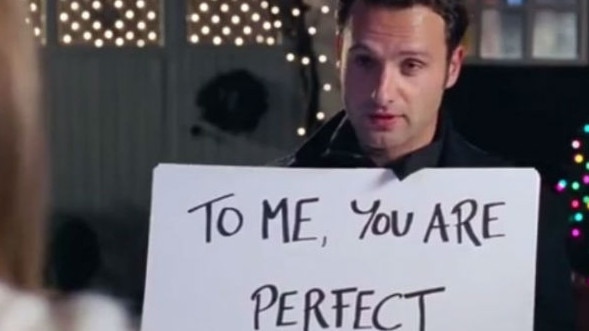
He is just some guy majorly suffering the agony of unrequited love, having to watch the girl he’s in love with marry his best friend. Anyone who’s been there knows the agony of such things. But out of respect to his friend, he distances himself from her to the point she thinks he must hate her. He never actually tries to cut his mate’s lunch.
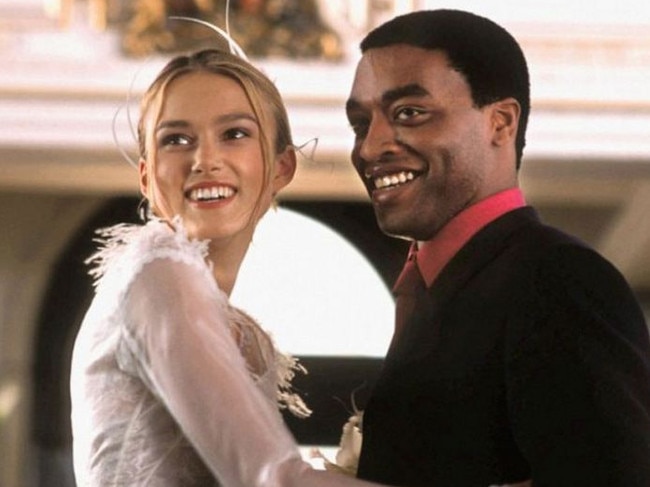
Sure, he makes an awkward wedding video which is basically just the 2003 version of Insta-stalking (and who hasn’t gone there), and he throws out some schmaltzy gesture of undying love with the whole carol-singing thing. And then he’s said what he needed to say, it’s off his chest, and he walks away declaring, “Enough. Enough now.”
Dude just needed closure.
4. Colin objectifies women
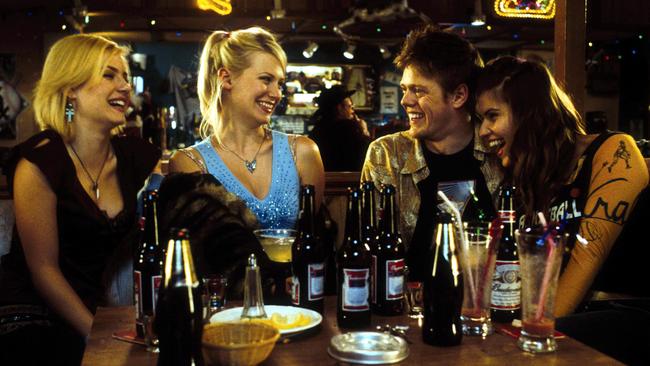
I actually can’t argue against this one. Colin is a major douche. But this entire male-fantasy storyline was so ridiculous in its execution it doesn’t even deserve the energy wasted to discuss it.
Even Love Actually co-writer, Emma Freud, admitted in an interview with news.com.au that she fought to have the scene where Colin can be seen through the window of the girls’ apartment, but lost.
Had the movie been produced today, I doubt his character would have made the cut.
5. Mia was not just cast as a vagina
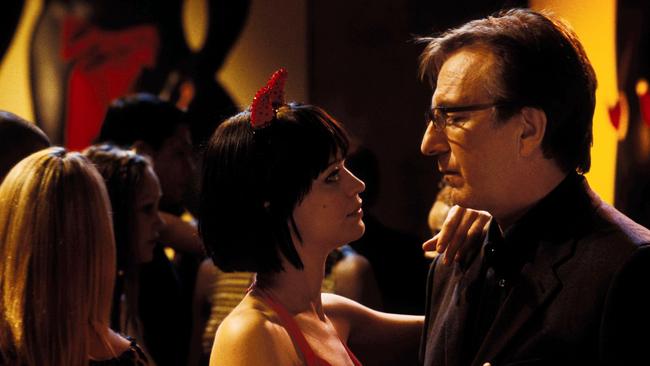
Granted, she doesn’t say a lot in the movie. Nor does she do much more than seduce Harry. But this entire storyline is far more complex than just a means to objectify women, with Mia being a powerful representation of the temptation faced by many men in the throes of midlife, and how they choose to respond – or not respond – to that.
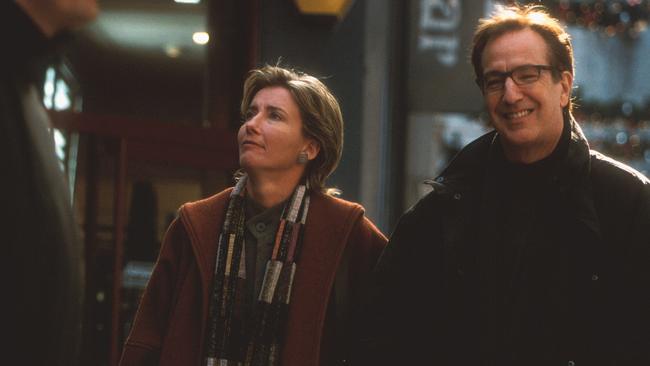
But even more powerful than this was Karen’s very raw and moving response to Harry’s betrayal. Yes, the whole boss-secretary thing was a little clichéd, and Karen being cast in frumpy old-lady clothes was a major insult to her character, but this is without a doubt one of the more realistic and relatable storylines within the movie.
6. Prime Minister David was not a misogynist just because he called Margaret Thatcher a “saucy minx”
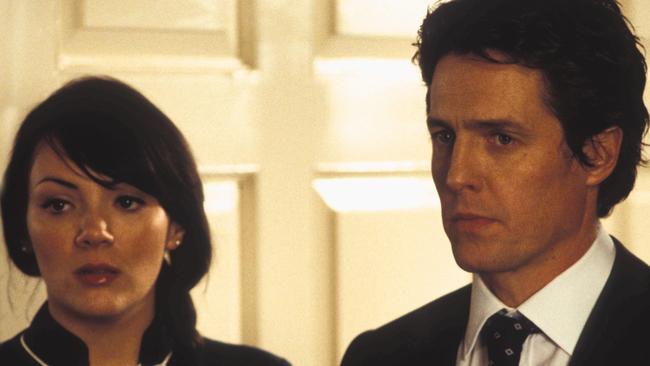
Nor because he had Natalie fired over a major misunderstanding. The only leader who actually deserves that title is the American President who was the biggest womaniser of the entire movie, sexually harassing Natalie while on Presidential duty.
Why are there no hate-blogs on him? Why are people dissing the British Prime Minister instead of the American President?! Where is the justice, people?
Undeniably, the movie has its flaws. Daniel talks to his 13-year-old stepson Sam about his sex life which is just all kinds of wrong.
The relationship between Karl and Sarah is just plain cringe-worthy. There’s far too much boob to watch it with anyone blood-related. Billy Mack is all kinds of awful. And let’s not even get started on the turtleneck sweaters.
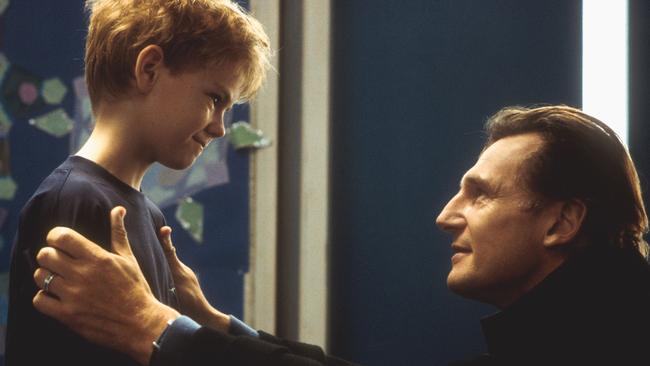
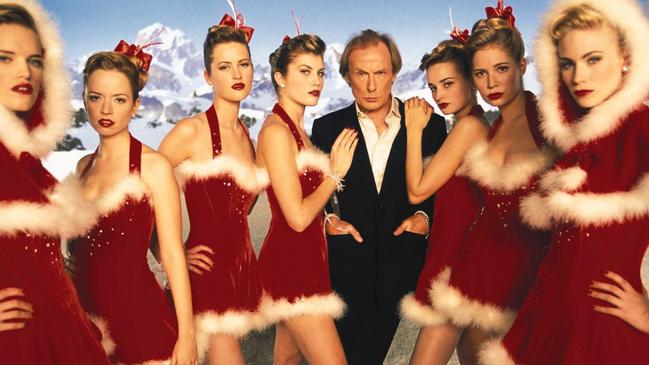
Still, Love Actually offers representations of love in all its varied and complicated ways while throwing in themes of struggle, sin, betrayal, forgiveness, second chances and redemption. It’s basically the Christmas story.
Yes, we could all rip this movie to shreds and would be justified in doing so. But there are plenty of other, more important, battles to fight than a movie produced nearly two decades ago that was never intended to be taken seriously in the first place.
And frankly, I find this time of year difficult enough without adding the need to push a political agenda – sometimes, all I want for Christmas is to just to lay down my swords and watch a trashy rom-com in peace.
Kathy Parker is a freelance writer.
Originally published as Love Actually shouldn’t be cancelled, despite popular opinion



